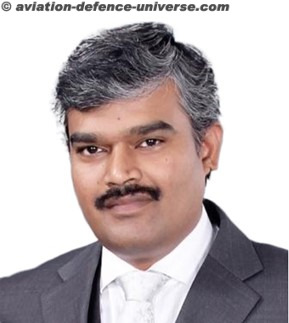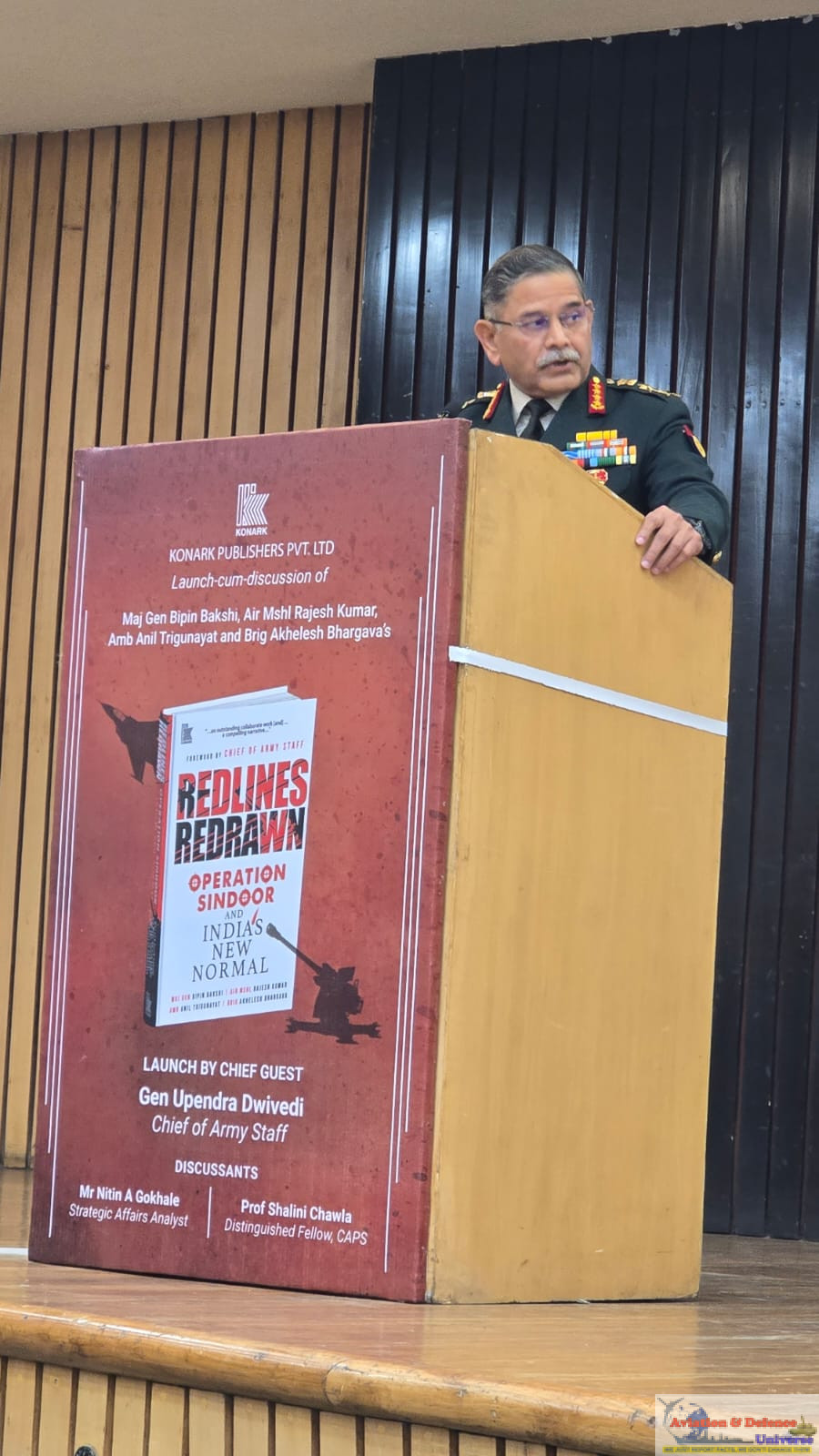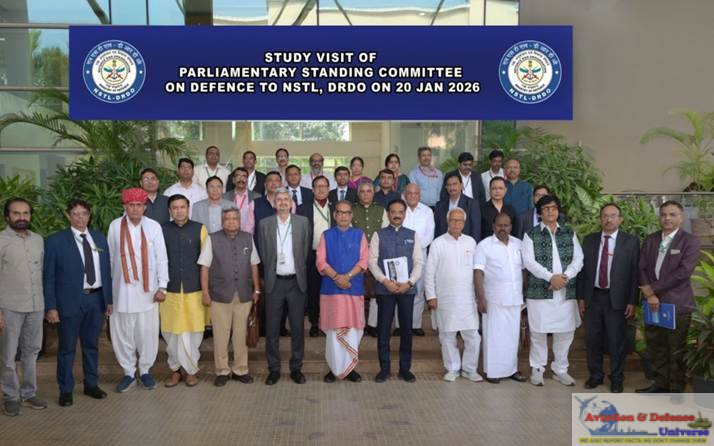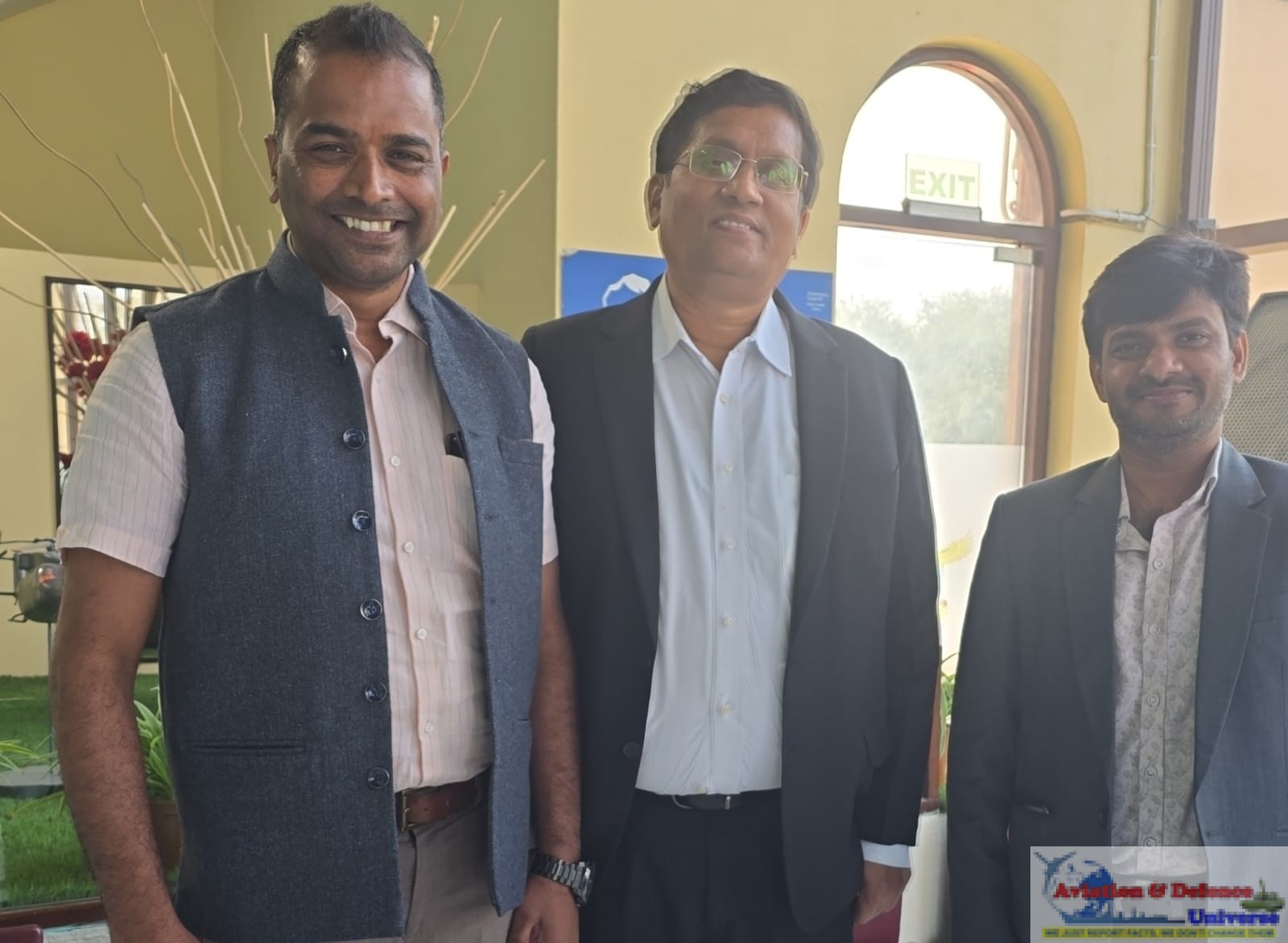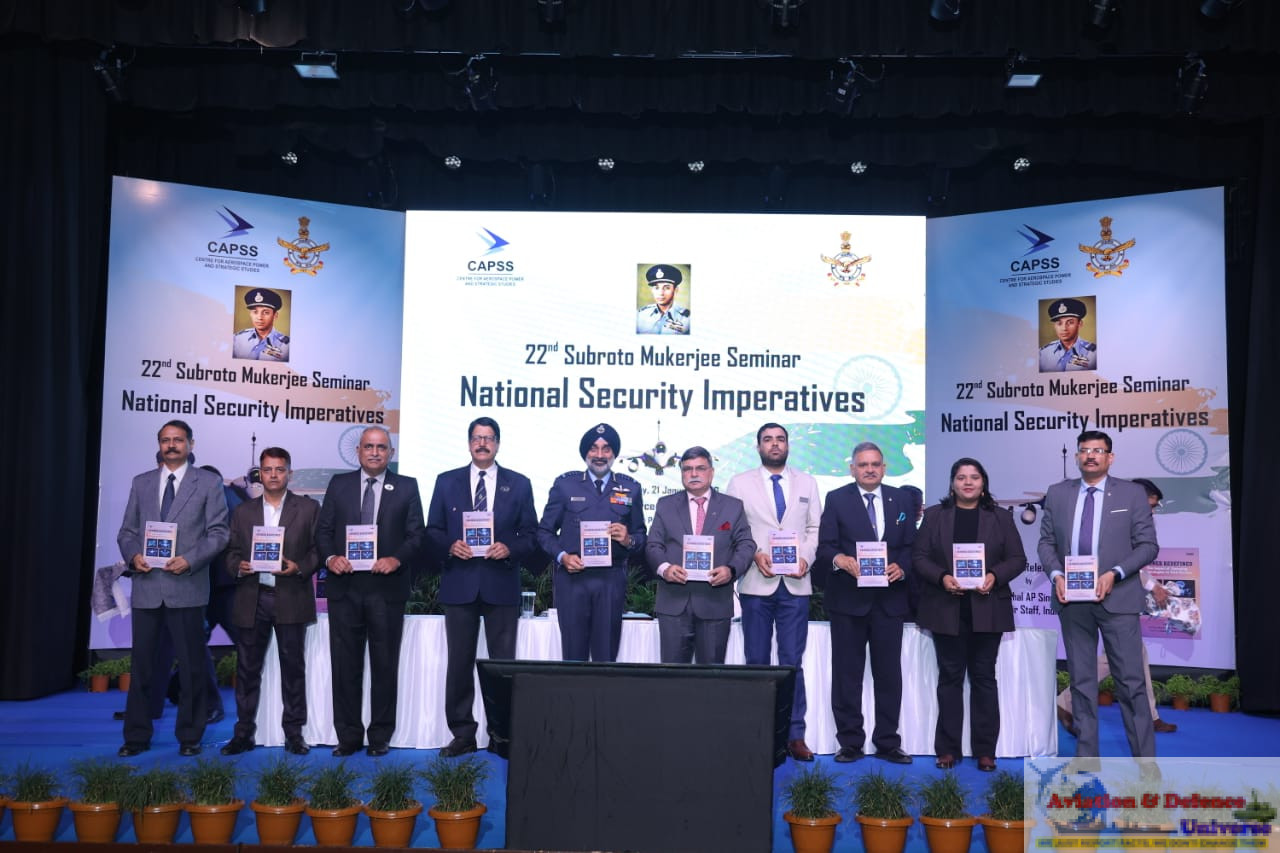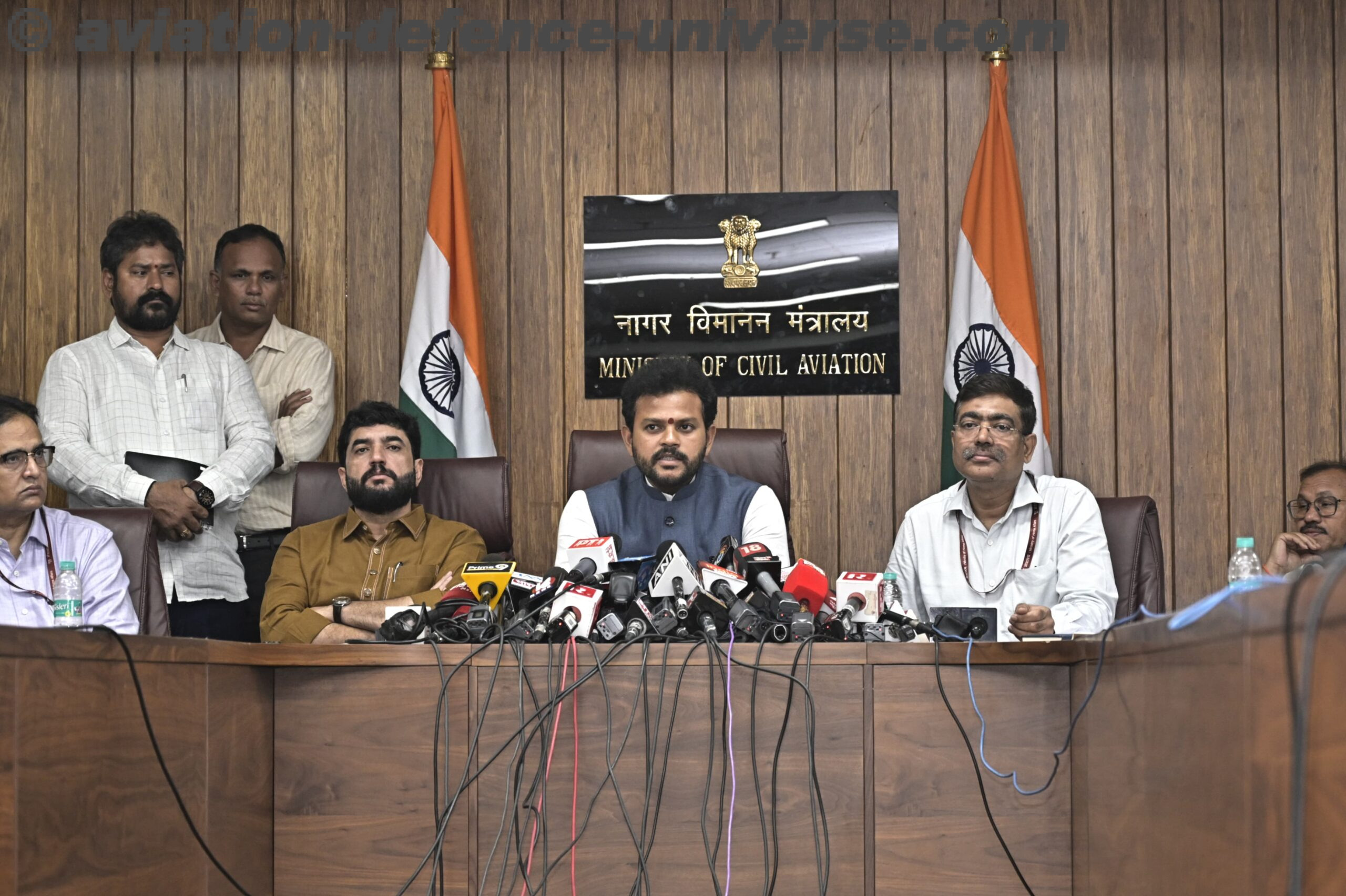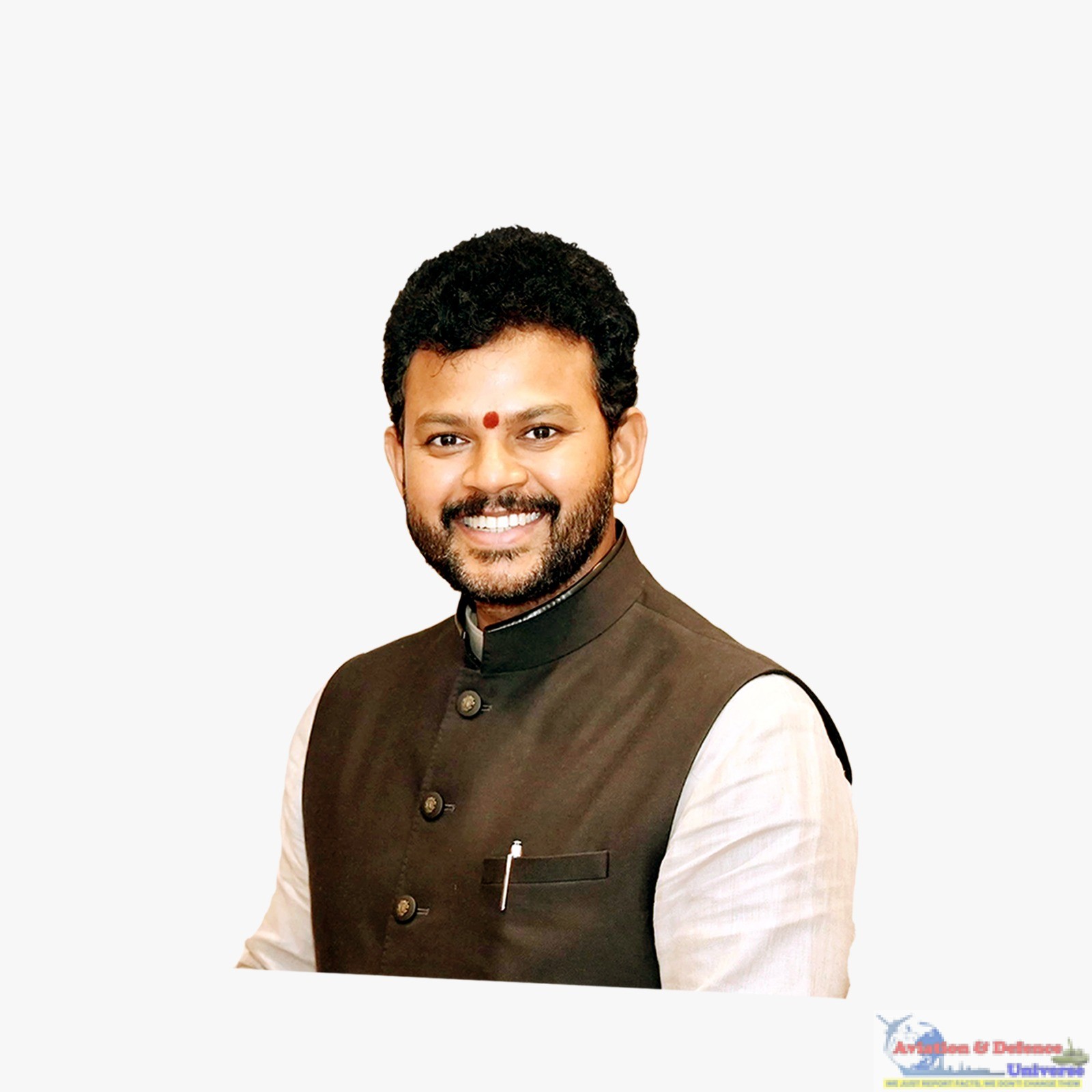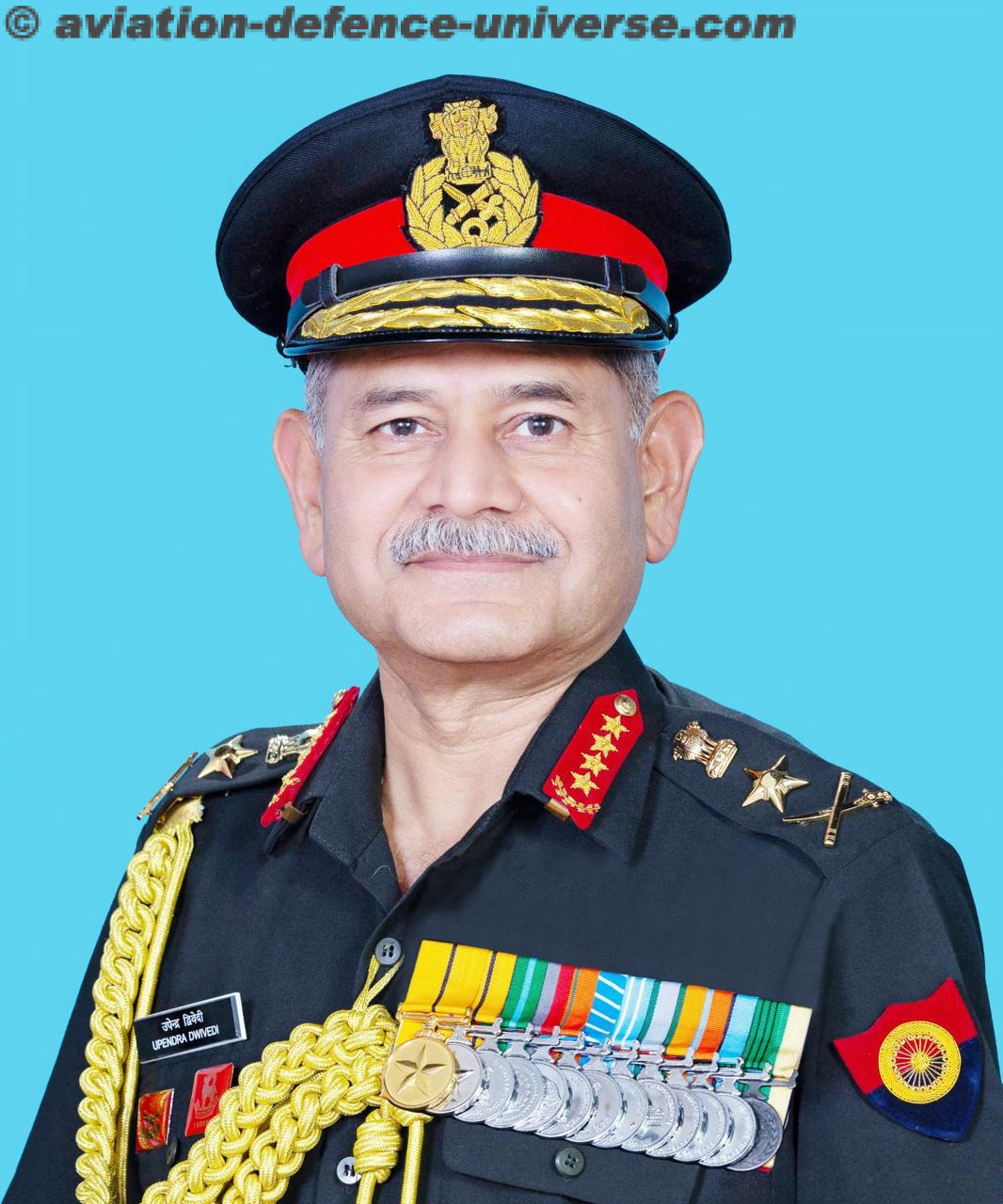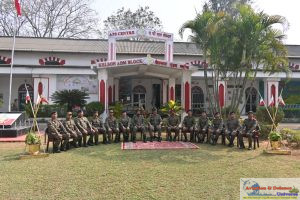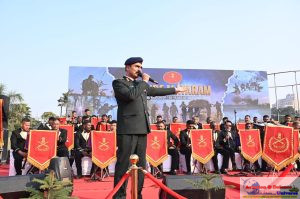- civil-military fusionFramework on Drone likely by Sep-Oct; focus on incentivizing production, facilitate testing and removing vulnerabilities
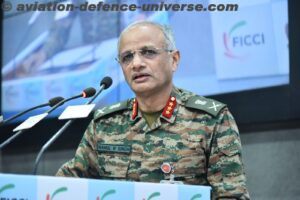 NEW DELHI, 04 July 2025: Lt Gen Rahul R Singh, Deputy Chief of Army Staff (CD&S), Indian Army today emphasized on the high demand of drones in the armed forces and there is a need to develop an eco-system as drones have dual-use technology. There is a lot of scope including civil-military fusion and we need to develop an eco-system for drones including production, testing, etc. “We have been in consultation with the Ministry of Defence and others to come up with a framework and by September or October we should be out with our drone framework wherein we are looking at how to incentivize all the production, how to get through the vulnerabilities and how to facilitate testing would be the basic theme of this framework,” he added.
NEW DELHI, 04 July 2025: Lt Gen Rahul R Singh, Deputy Chief of Army Staff (CD&S), Indian Army today emphasized on the high demand of drones in the armed forces and there is a need to develop an eco-system as drones have dual-use technology. There is a lot of scope including civil-military fusion and we need to develop an eco-system for drones including production, testing, etc. “We have been in consultation with the Ministry of Defence and others to come up with a framework and by September or October we should be out with our drone framework wherein we are looking at how to incentivize all the production, how to get through the vulnerabilities and how to facilitate testing would be the basic theme of this framework,” he added.
Addressing the conference-cum-exhibition on ‘New Age Military Technologies’, organized by FICCI, the Deputy Chief of Army Staff stated that India’s dream is to become a developed country by 2047 and Viksit Bharat means meeting a target of $ 30 trillion economy. “This is possible only if industries play out. It is possible in case our armed forces provide the secure environment that is required for the nation to progress,” he added.
Speaking on the success and learning of Operation Sindoor, Lt Gen Singh urged the industry to focus on investing more on the R&D especially the component level R&D. “Atmanirbharta in defence sector is not an option for us and no one should hold hostage as far as critical technologies, and their supplies are concerned. India needs to be prepared for all five generations of warfare. The Indian armed forces must be ready now and future-ready for warfare that utilizes numerous technologies and innovations,” he asserted.
The industry, Lt Gen Singh said, should focus on profits but should not compromise on quality and timely delivery. “Industry must stick to timelines and focus on 4 Cs which include cooperate, collaborate, compete but not complain. We have to be ready to fight the war, and it is not the soldiers only who can win a war. It is soldier and the industry going together,” he added.
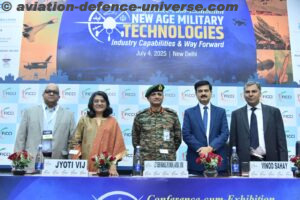 The Deputy Chief of Army Staff also recommended the industry to create more testing facilities and both the armed forces, and the industry must work together to take it forward. “Apart from testing facilities, we need to have standards so that the procurement cycles can shrink,” he emphasized.
The Deputy Chief of Army Staff also recommended the industry to create more testing facilities and both the armed forces, and the industry must work together to take it forward. “Apart from testing facilities, we need to have standards so that the procurement cycles can shrink,” he emphasized.
Vinod Sahay, Chair, FICCI Defence & Homeland Security Committee and President, Aerospace & Defence, Mahindra & Mahindra Ltd said that Unmanned and Autonomous systems are the future. As conflicts evolve, nations prioritize minimizing losses of precious lives and unmanned and autonomous systems will dominate various domains, including air, land, water, and underwater, he added.
Ashok Atluri, Co-Chair, FICCI Defence & Homeland Security Committee and CMD, Zen Technologies Ltd while sharing industry perspective on Indigenously designed, Developed and Manufactured (IDDM) said that IDDM companies, which are self-funded with advanced technologies are national strategic assets and need to be protected, nurtured, and encouraged.
Ashish Kansal, Co-Chair, FICCI Defence and Homeland Security Committee and CMD, SMPP Ltd said that India’s defence industry stands at the cusp of a technological transformation driven not only by necessity, but by ambition, innovation and capability.
Jyoti Vij, Director General, FICCI said, “As India envisages becoming a global power, a robust and self-reliant defence capability is paramount to this vision. FICCI and its member industries are committed to accelerating our efforts to realize this national goal.”
Lt Gen Amardeep Singh Aujla, Master General Sustenance, Indian Army, while delivering the plenary keynote address said, “Wars are becoming increasingly intense and complex due to evolving geopolitical dynamics and rapid technological advancements, which are transforming war-fighting practices.”








